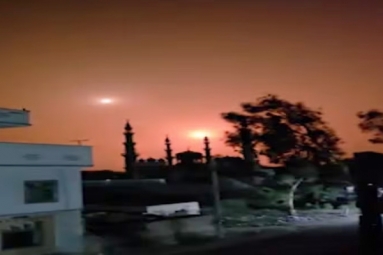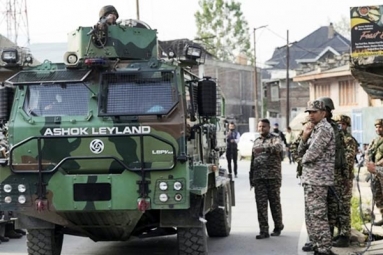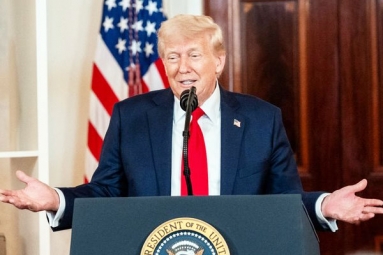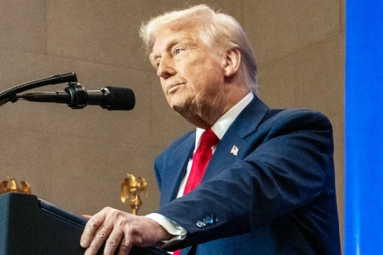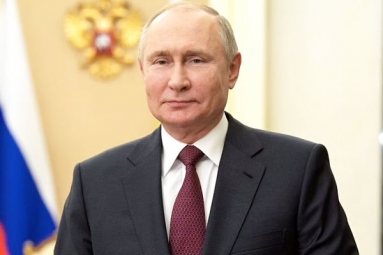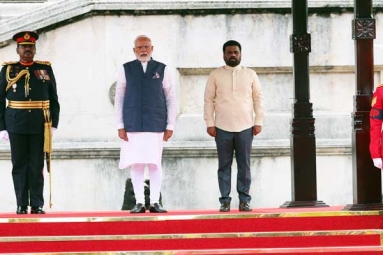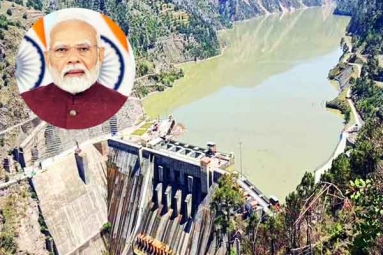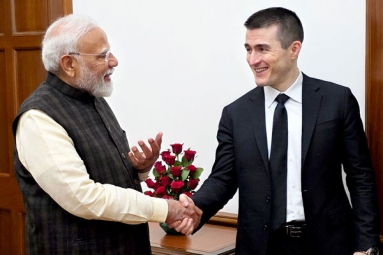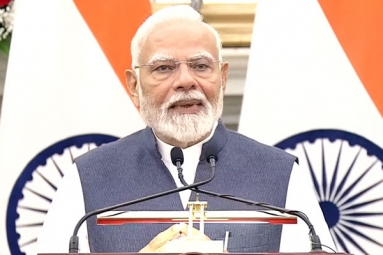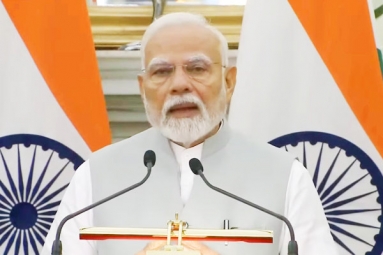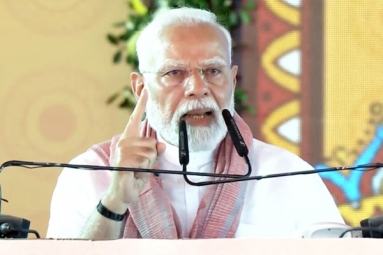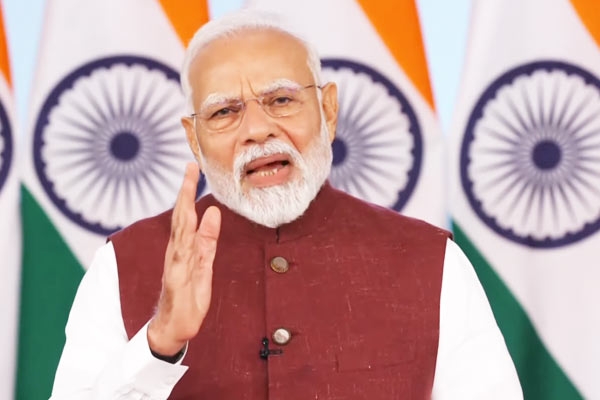
(Image source from: x.com/BJP4India)
India will not engage in discussions with Pakistan regarding the Jammu and Kashmir situation unless it pertains to the dismantling of terrorist infrastructures and the return of Pakistan-occupied Kashmir, Prime Minister Narendra Modi stated during his address on Monday night, marking his first speech since a ceasefire concluded an intense military conflict lasting nearly 100 hours with Pakistan. In this 22-minute address, the Prime Minister criticized the Pakistani government and military for harboring terrorism, issuing a stern warning to Islamabad that "one day this will wipe (you) out." He reiterated that the Kashmir issue cannot be considered in isolation, as past Indian administrations have also declared. "Dialogue and terrorism cannot coexist... trade and terror cannot happen simultaneously... and water and terrorism cannot flow together. If we engage in talks with Pakistan, it will strictly pertain to terrorism and Pakistan-occupied Kashmir," he affirmed.
His remarks came in response to rumors that Pakistan had placed "conditions" on the ceasefire, including a request to reactivate the Indus Waters Treaty that India had halted as part of non-military actions following the events in Pahalgam. India has categorically dismissed these claims, which Modi emphasized during his speech. Sources indicated that the ceasefire hinges on Pakistan's adherence to the terms agreed upon. They clarified that India's stance on the long-standing water-sharing treaty remains unchanged and that there are no conditions related to Jammu and Kashmir.
India has consistently accused Pakistan of facilitating cross-border terrorism by financing and training militants to carry out attacks within Indian territory, as part of its attempts to unlawfully claim Jammu and Kashmir. In contrast, Pakistan has continually denied any involvement with terrorist organizations active against India, asserting that it does not support or shelter terrorism. Nevertheless, India has presented substantial evidence linking elements of the Pakistani establishment to terrorist acts, including the 2001 Parliament attack, the devastating attacks in Mumbai in 2011, and military strikes in Uri and Pulwama in 2016 and 2019. The investigation into the Pahalgam incident also revealed connections to Pakistan; three of the five assailants were identified as Pakistani nationals, and the Resistance Front, affiliated with the Pakistan-based Lashkar-e-Taiba, has claimed responsibility. Attempts by Pakistan to alter this narrative during a recent private meeting of the United Nations Security Council did not succeed.
Last week, Foreign Secretary Vikram Misri further connected Pakistan to former Al Qaeda leader Osama bin Laden, who was killed by U.S. forces in Pakistan, as well as the attendance of Pakistani Army officials at a "state funeral" for terrorists neutralized during Operation Sindoor. This operation was India's military retaliation to Pahalgam, involving precise strikes against nine terrorist camps in Pakistan and Pakistan-occupied Kashmir, including headquarters of Lashkar-e-Taiba and Jaish-e-Mohammed. Over the years, numerous allied nations and international organizations have extended offers of mediation, which Pakistan has sought to address the Kashmir conflict. However, India's position remains steadfast: Kashmir is a bilateral issue that can only be resolved through direct dialogue with Pakistan.
During his inaugural term as President of the United States, Donald Trump made a statement suggesting that he had received a request from Mr. Modi to intervene, a claim he inaccurately asserted while alongside the then Prime Minister of Pakistan, Imran Khan. The External Affairs Ministry of India promptly refuted this assertion, noting that "no such request has been made" and emphasizing that any discussions with Pakistan would necessitate an end to cross-border terrorism. Fast forward to his second term, and Mr. Trump appeared to reiterate that proposal on Sunday, remarking, "I will collaborate with both of you to see if, after a 'thousand years,' a solution can be reached regarding Kashmir." Once again, the U.S. government distanced itself from the comment, with the State Department urging both India and Pakistan to engage in "direct dialogue" to resolve their differences and enhance "communication."



